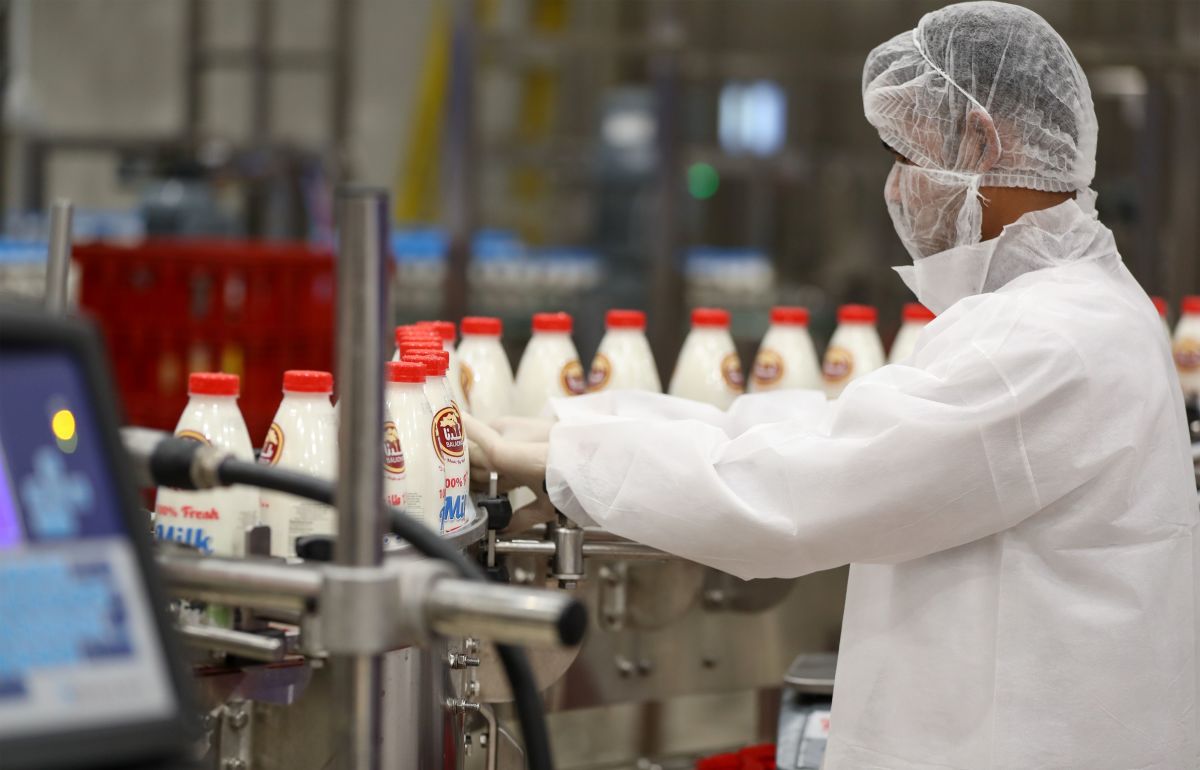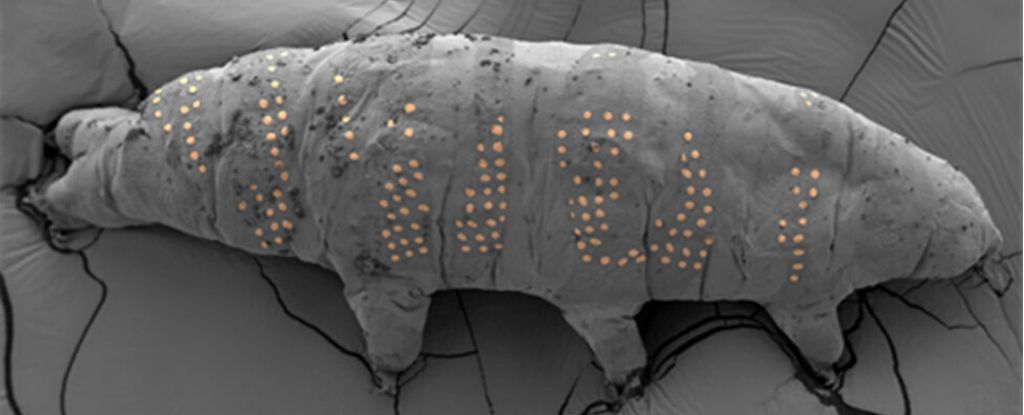FDA Suspends Milk Testing: What It Means for Your Health
The FDA just stopped testing your milk for quality and safety. Here’s why that matters more than you might think.

The U.S. Food and Drug Administration (FDA) has suspended its quality control program for testing fluid milk and other dairy products, citing reduced capacity in its food safety and nutrition division. This decision follows the termination and departure of 20,000 employees from the Department of Health and Human Services (HHS), part of a broader federal workforce reduction initiative.
Reuters reported, effective April 21, the U.S. Food and Drug Administration has suspended its quality testing program for Grade “A” milk and other dairy products, citing massive staffing losses tied to federal budget cuts. While the move may seem bureaucratic, it carries potential health implications for anyone who regularly consumes dairy.
The program, which tested raw and finished milk products for contamination and safety compliance, was halted due to staffing shortages at the Moffett Center Proficiency Testing Laboratory. That facility played a central role in ensuring food labs across the country met high standards and could reliably detect harmful pathogens in your milk.
The FDA's proficiency testing programs are essential for ensuring consistency and accuracy across the nation's network of food safety laboratories. These quality control tests are also critical for laboratories to meet accreditation standards. The agency stated it is actively evaluating alternative approaches for the upcoming fiscal year and will keep participating laboratories informed as new information becomes available.
In addition to the milk testing program, the FDA has also suspended efforts to improve testing for bird flu in milk as well as for foodborne pathogens such as Cyclospora.
So Why Does This Matter to You?
Without the FDA’s oversight and routine quality testing, there’s now a potential blind spot in the nation’s food safety net—particularly when it comes to milk-borne illnesses. Contaminants like Listeria, Salmonella, E. coli, and Cyclospora can sneak into dairy products during production or packaging. Although rare, these pathogens can cause serious illness, especially for people with weakened immune systems, children, and the elderly.
And with recent headlines about bird flu particles detected in pasteurized milk, the timing isn't great. The FDA has also paused efforts to improve testing for bird flu in dairy, meaning any early-warning system is now effectively sidelined.
The FDA insists that milk sold in grocery stores is still safe. However, consumer advocates worry this rollback could reduce the agency’s ability to catch emerging threats early, and that could mean less protection for you and your family.
Until full testing resumes, experts recommend sticking to well-refrigerated, pasteurized dairy products and watching expiration dates carefully.











































































